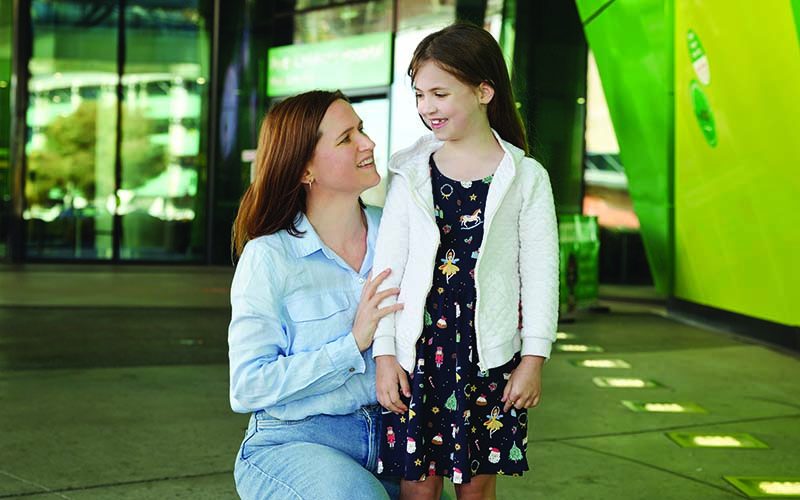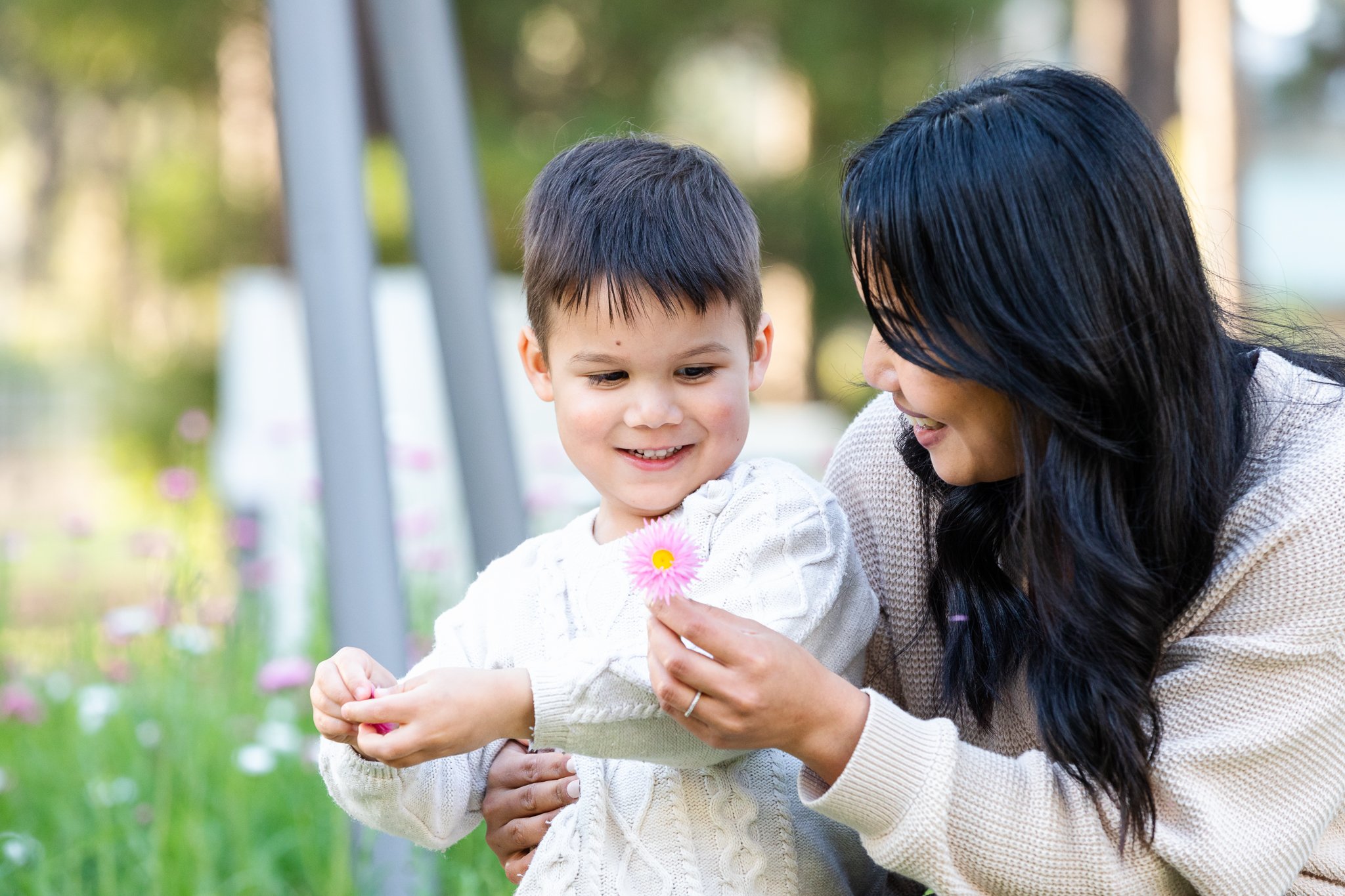Search
Showing results for "Professor"
Research
The impact of a Mediterranean diet and physical activity in pregnancy on gestational weight gain and neonatal body composition at birth and 1 year of ageDesiree Silva MBBS, FRACP, MPH, PhD Co-Director, ORIGINS desiree.silva@thekids.org.au Co-Head, The ORIGINS Project Professor Desiree Silva is
Research
A prospective ultrasound study of prenatal growth in infant siblings of children with autismNumerous studies have observed that a proportion of infants later diagnosed with autism spectrum disorder (ASD) experience accelerated head growth...

In late 2022, six-year-old Megan Hutton was living the dream of many kids her age as she celebrated being named runner-up champion athlete at her school sports carnival.

With 22% of Australian children entering school developmentally vulnerable, The Flourishing Child study is developing a tool to connect parents and carers with support so they can best support their child's flourishing.

News & Events
Hybrid Closed Loop insulin delivery system has potential to restore hypoglycaemia awarenessShort term use of a hybrid closed loop system might preferentially benefit people with type 1 diabetes who have impaired awareness of hypoglycaemia (IAH), according to new research from the Children's Diabetes Centre.
Research
Towards a molecular characterization of autism spectrum disorders: An exome sequencing and systems approachThis paper profiles the functional pattern of DNA variants found at a higher rate in patients with autism spectrum disorder (ASD), X-linked intellectual...
Research
Coupling of response biomarkers between tumor and peripheral blood in patients undergoing chemoimmunotherapyPlatinum-based chemotherapy in combination with anti-PD-L1 antibodies has shown promising results in mesothelioma. However, the immunological mechanisms underlying its efficacy are not well understood and there are no predictive biomarkers to guide treatment decisions.
Research
Designing a paediatric teleotology pilot in the UK: Outcomes from a scoping review of the literature, with insights from the Ear Portal pilot service in Perth, Western AustraliaTo inform the design of a United Kingdom (UK) paediatric teleotology pilot by analysing global teleotology initiatives and drawing on insights from a successful paediatric teleotology pilot service in Perth, Western Australia (Ear Portal).
Research
A Qualitative Exploration of the Role and Needs of Classroom Teachers in Supporting the Mental Health and Well-Being of Deaf and Hard-of-Hearing ChildrenThis study aimed to explore the role of schools and classroom teachers in supporting the mental health and well-being of deaf and hard of hearing children
Research
Sleep problems and anxiety from 2 to 8 years and the influence of autistic traits: a longitudinal studyAnxiety and sleep problems may be an early indicator of autism in young children and early autistic traits may also contribute to anxiety problems later in childhood
